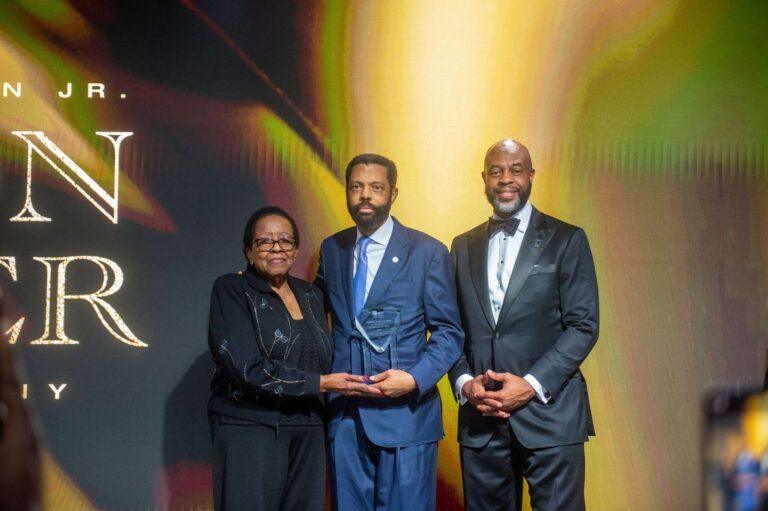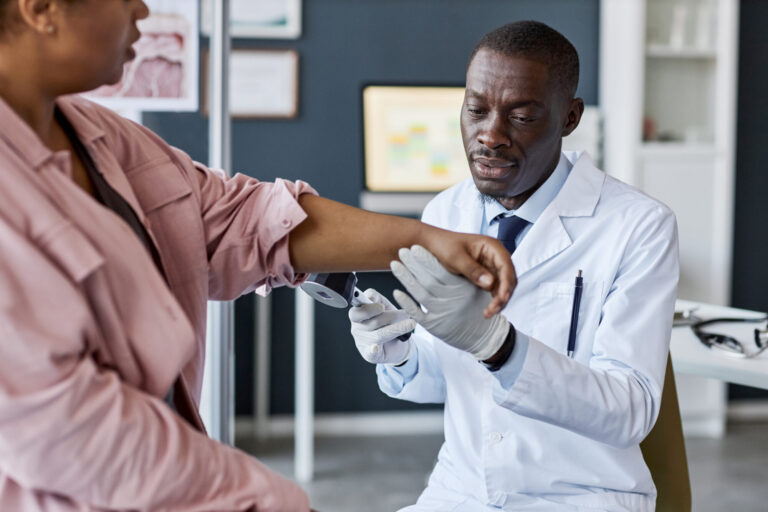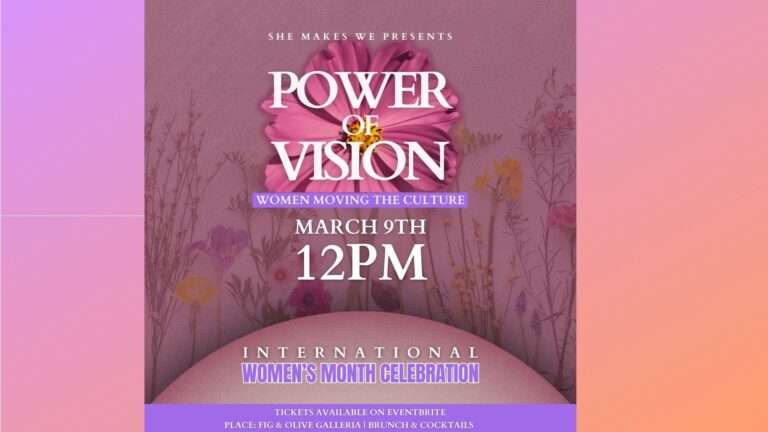By Frenetta Tate
April marks a pivotal moment in our collective consciousness: Sexual Assault Awareness Month. As we navigate this period, it becomes crucial for us to confront the global plague of sexual assault (SA) head-on. Its dangerous reach across continents, cultures, and communities is ripe with demands for a united front in education, prevention, and advocacy. Awareness is the first step. In order to transform that awareness into action, we must build a bridge of support and understanding around this topic.
Understanding sexual assault begins with the identification of red flags within relationships. These often manifest in emotional behaviors— extreme jealousy, possessiveness, and a propensity for unpredictability. Behavioral indicators include a disregard for personal boundaries and undeniable aggression. Communication patterns filled with constant criticism or gaslighting also serve as crucial indicators. Awareness and education about these warning signs are fundamental in safeguarding individuals from potential abuse.
To foster a culture of safety and respect, educational initiatives that teach the importance of recognizing and responding to these red flags are paramount. Equally important are community support systems that provide resources and assistance for individuals navigating potentially harmful relationships, acting as a crucial safety net. These efforts contribute to a broader strategy of prevention and support, emphasizing the collective responsibility to combat sexual assault while affirming the dignity and worth of every individual, irrespective of their ability to detect warning signs.

The discourse on SA often overlooks the vulnerabilities faced by marginalized groups, including racial minorities, LGBTQ+ individuals, and people with disabilities. These communities encounter heightened barriers in reporting SA and seeking justice, necessitating a more inclusive approach in all aspects of support. The development of tailored support services that cater to those unique needs would ensure equitable access to justice and support for all survivors.
Education is a cornerstone in the battle against SA. Initiating discussions around consent and healthy relationships from a young age lays a foundation for respect and understanding. Continuing these discussions into adulthood is crucial as societal norms and understandings of consent continue to evolve. This lifelong learning approach ensures that individuals recognize warning signs and understand how to foster safe environments. It’s a testament to the power of education in shaping a society that values respect and dignity above all.
The psychological toll of SA can manifest in PTSD, anxiety, depression, and other mental health challenges. This highlights the importance of accessible and supportive mental health care for survivors. Recovery and resilience in the aftermath of SA rest upon the availability of comprehensive mental health services. Many go without adequate mental health care due to cultural upbringing or a lack of access to mental healthcare. Expanding mental health services and resources dedicated to SA survivors, alongside campaigns to destigmatize mental health issues and encourage survivors to seek help, are vital measures for aiding recovery.
Expanding mental health services and resources dedicated to SA survivors, coupled with campaigns and conversations to destigmatize mental health issues, and encourage survivors to seek help, are helpful measures that can aid in recovery.
Advocacy for legal reforms that simplify the judicial process for SA cases and protect survivors from re-victimization, as well as the development of legal aid services that provide guidance and support to survivors navigating the justice system, are necessary solutions.
Recognizing and supporting male victims of sexual assault is crucial. Too often, their stories go unheard, creating a stigma that needs to be dismantled. By raising awareness and establishing support networks, we can ensure male survivors receive the understanding and help they deserve, fostering a more inclusive conversation on this issue.
Harnessing technology and leveraging social media platforms for spreading awareness and fostering communities of support represents an important strategy. Additionally, developing technological solutions to protect individuals from online harassment and abuse is crucial. At the heart of combating SA is the advocacy for affirmative consent in all relationships— a standard that emphasizes respect, healthy communication, and clear boundaries. These principles ensure that our relationships are safe and fulfilling, building a society that respects the dignity and safety of every individual.
When discussing sexual assault, it’s imperative to navigate the topic with understanding and sensitivity, recognizing the various terms that describe its different aspects. This nuanced approach helps us address the issue more accurately and respectfully, ensuring we’re conscious of the impact our words can have on survivors and the broader conversation.
As we dedicate this month to raising awareness about SA, let’s translate awareness into tangible actions that champion education, provide support, and drive systemic change. Through concerted effort and unwavering commitment, we can forge a path to a world where the dignity and safety of every individual are beyond compromise.
Frenetta Tate is an award-winning author, inspirational orator, and certified women’s empowerment coach. Follow her at @frenettatate on social media.







